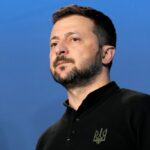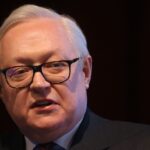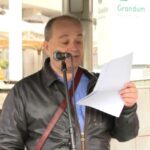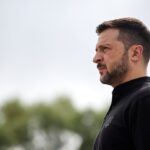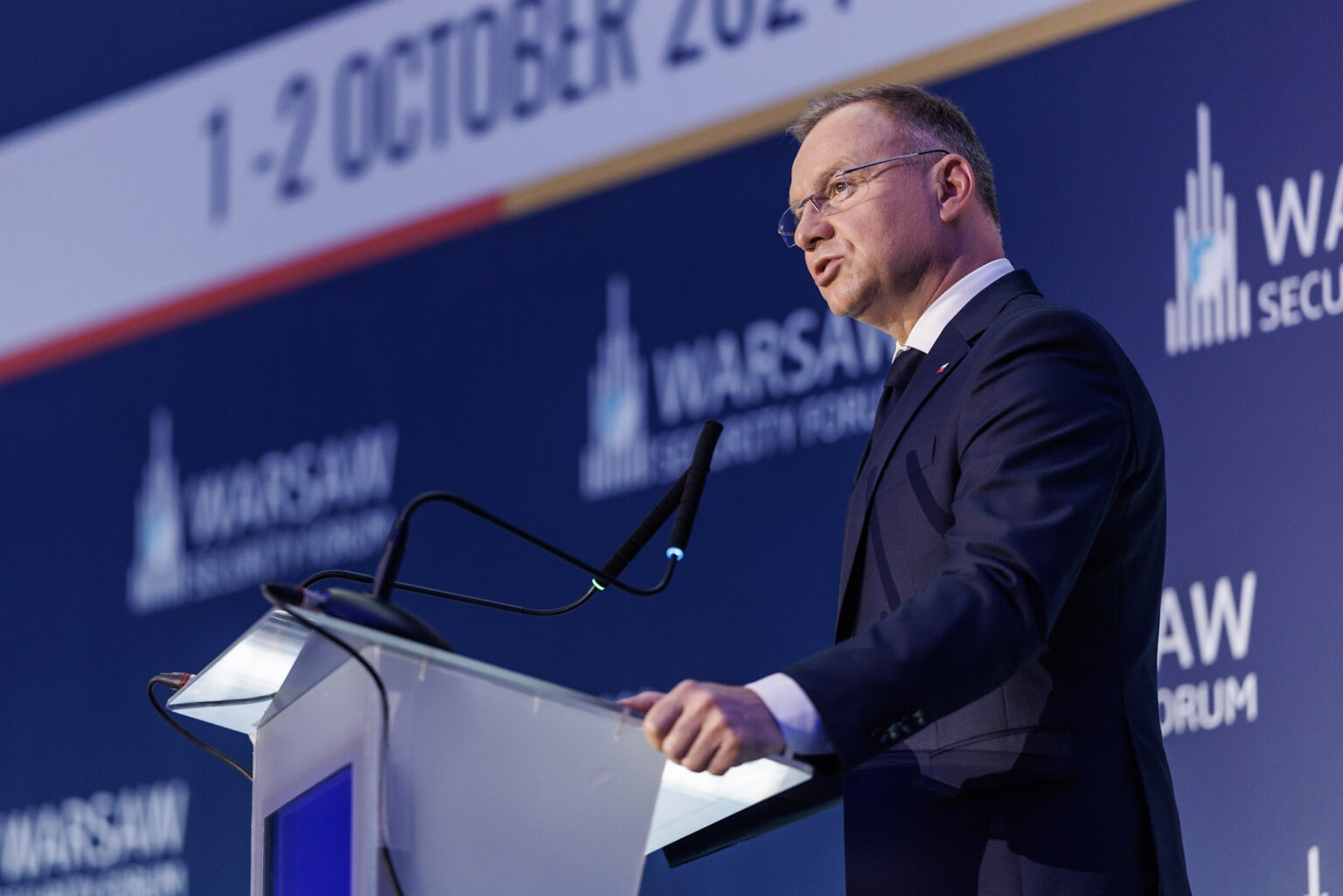Military experts warn that a 3-8-year window is available before a potential Russian confrontation. This pushes European nations to take unprecedented defense measures, while the majority of Western societies resist military mobilization.
This year, the Warsaw Security Forum celebrated its 11th anniversary. The International Center for Ukrainian Victory was a partner for a third consecutive year. This international conference is a platform to promote high-level discussion between government officials, think tanks and experts in policy and defence.
We hosted a roundtable on the recognition of Russia’s war in Ukraine as genocide during the conference. The systematic killing of civilians, destruction of infrastructure and forced deportation to Russia of Ukrainians – especially the forced removal and’re-education’ of children – all point to Russia’s intent to destroy Ukraine.
The discussion featured two Ukrainians who had survived Russian captivity. Oleh Pylypenko was a community leader in the Mykolaiv Region who was captured and tortured during a three-month humanitarian mission, and Olena Toras is a senior combat nurse from the 36th Marine Brigade, who treated wounded soldiers at Mariupol, before suffering imprisonment and abuse both in Olenivka, Russia, and Taganrog, Russia.
The roundtable also stressed the importance of properly documenting Russian crimes, including the public calls made by Russians to destroy Ukrainians. Our partners can act immediately, even though legal proceedings take time.
Rihards Kols is a former Latvian MP who is currently a Member of the European Parliament. He stated: “National Parliaments must show political bravery by calling Russia’s acts what they are, genocide. Only a few people have done this so far. “To not take a strong stance is political cowardice.”
Ukraine at the centre of discussions
The Russian war on Ukraine was a major theme in almost every forum, either directly, or indirectly. This focus was a natural one, given that the conference was held in Warsaw. The location heavily influenced the tone of the discussions.
The public discussion of the forum was notably devoid of these issues, despite recent tensions between Polish politicians and Ukrainian politicians on historical issues.
In his speech, the Polish President Andrzej Duda made it clear that the price that we are paying is nothing compared to the price that we will be forced to pay in the future if Ukraine loses. He also stressed that although partners provide financial support, training, and equipment, they do not pay the ultimate price of human lives like Ukrainians.
Jacek Siewiera is the head of Poland’s National Security Bureau. He stressed that Russian imperialism is still the main threat and that Ukraine’s victory is in Poland’s direct interest.
Andriy Sibiaga, the newly appointed Ukrainian Foreign Minister, was the highest-ranking official in attendance. He listed Ukraine’s top priorities for support: air defense systems and artillery; drones; and joint defense production. In terms of key strategic goals that align with the President’s Victory Plan, the Minister highlighted the NATO invitation, the lifting of restrictions on the use of Western long-range weaponry against targets deep inside Russia, and partner assistance for intercepting missiles or drones over Ukraine. The forum was dominated by a question that kept coming up: Why do partners, especially the US, provide assistance to Israel in intercepting drones and missiles, but not Ukraine?
Ukrainian experts participated in the forum alongside government officials and parliamentarians. Our team focused on a number of crucial issues, such as the confiscation and freezing of Russian assets, implementing “war taxes” on partners who purchase Russian liquefied natural gas, protecting Ukrainian infrastructure, countering Russian Imperialism, and other strategic concerns.
Is Europe preparing to go to war?
The central theme of the forum was a new perspective on European Security and the ever-increasing question of Europe’s ability to defend itself, especially as American elections are rapidly approaching in November.
American officials stressed that America needs Europe, just as Europe does. James Carafano (a representative of the Heritage Foundation, a think tank that is close to Republicans and Trump) stated that “whoever the winner of the election is, we will not leave NATO or abandon Ukraine,” pointing out that the key differences would be in positions on Middle East, energy and border security.
Various assessments presented on the forum suggested that Russia could rebuild its capability to directly confront NATO within 3-8 years. This timeline requires serious preparation on the part of Europe. The Estonian Minister of Defense provided some striking statistics. While EU countries’ defense expenditures increased by 43% in the last five year, Russia’s increased by 592%.
The conference identified two priorities: the speed and quantity of aid to Ukraine and the pace at which the country’s stockpiles are replenished. This is a challenge to Ukraine, since countries with limited resources will prioritize strengthening their defense capabilities. The ICUV proposes an alternative: the confiscation of all frozen Russian assets, to force Russia to pay now and direct these funds towards Ukraine’s defence needs.
In July of this year, 23 out of 32 NATO members declared that they had met the 2% GDP target for defense spending – a goal established at the 2014 NATO Wales Summit in response to Russia’s initial aggression towards Ukraine. But is that enough? Poland and Estonia have proposed raising this threshold to 2,5-3%, although NATO hasn’t adopted this suggestion yet.
Poland is the NATO leader in defense spending. It has allocated 4.12% of its GDP to this year’s defense budget, and plans to increase that to 4.7% next year. Estonia is next at 3.4% and plans to increase to 3.7% in 2026.
Hanno Pevkur, Estonian Defense Minister, noted that more than half of this money goes to capability-development. He said that Estonians are aware of the need to do even more. The government plans to introduce new “security taxes” on both the population and business next year.
Tytti Tuppurainen is the leader of the Social Democratic Parliamentary Group, which represents Finland’s Parliament. He has stressed that Europe “needs to create a new social contract, which prioritizes security and defence.”
Lessons from Ukraine
The willingness of citizens to defend their country with arms is a concern in several European countries. Florence Gaub, a researcher at the NATO Defense College, pointed out that the Netherlands, Italy and Germany have the lowest levels of readiness, with only 15-20% responding positively to surveys. (Finns and Estonians, on the other hand, have the highest levels of readiness).
The conference also brought to light the recruitment challenges that European armies face, a challenge that is set to worsen as Europe’s population ages. Many European societies must work to shift away from pacifist mentalities and reimagine how military service will be perceived (for example, emphasizing military service doesn’t mean killing, but rather protecting yourself and your country, about brotherhood etc.). ).
Read More @ euromaidanpress.com




